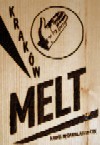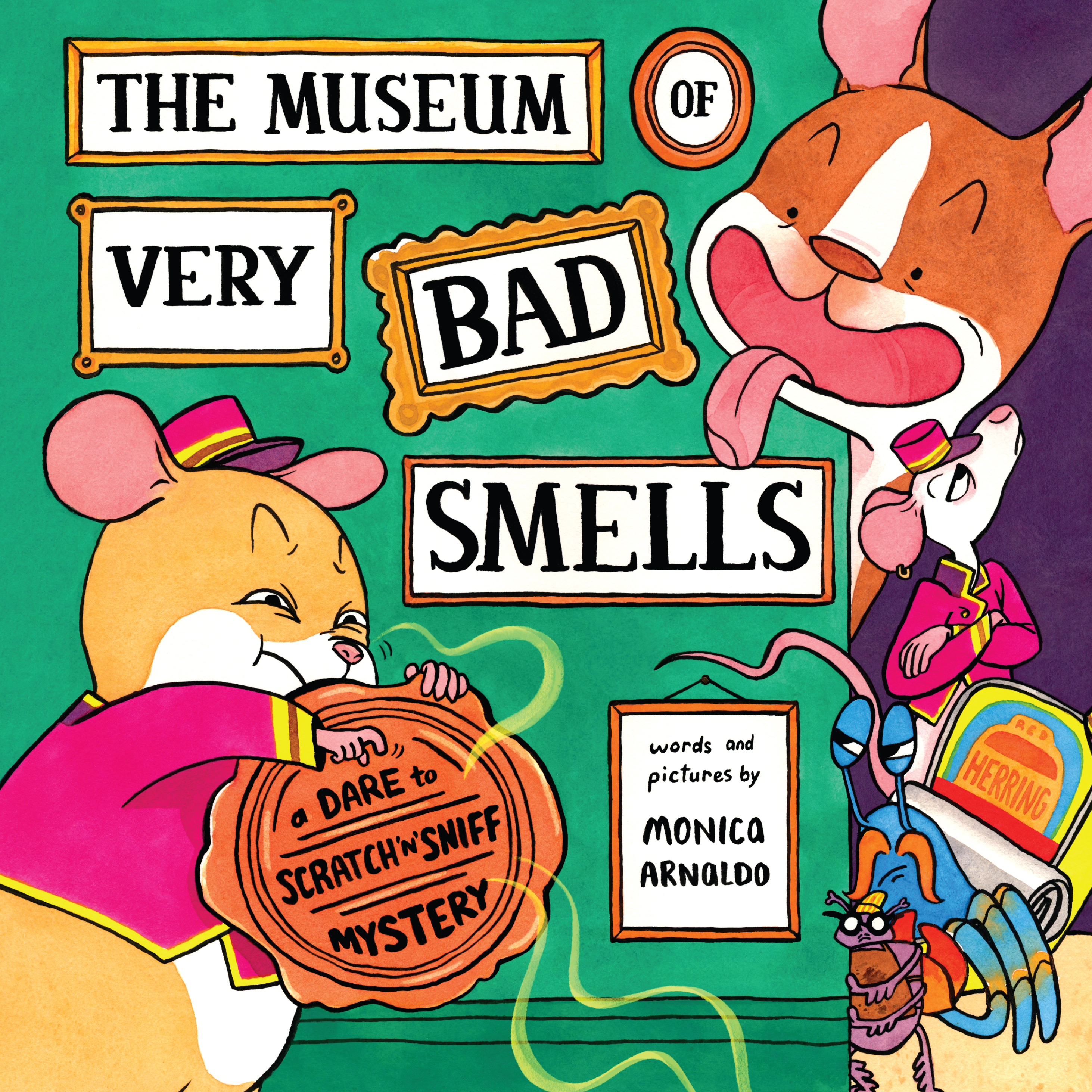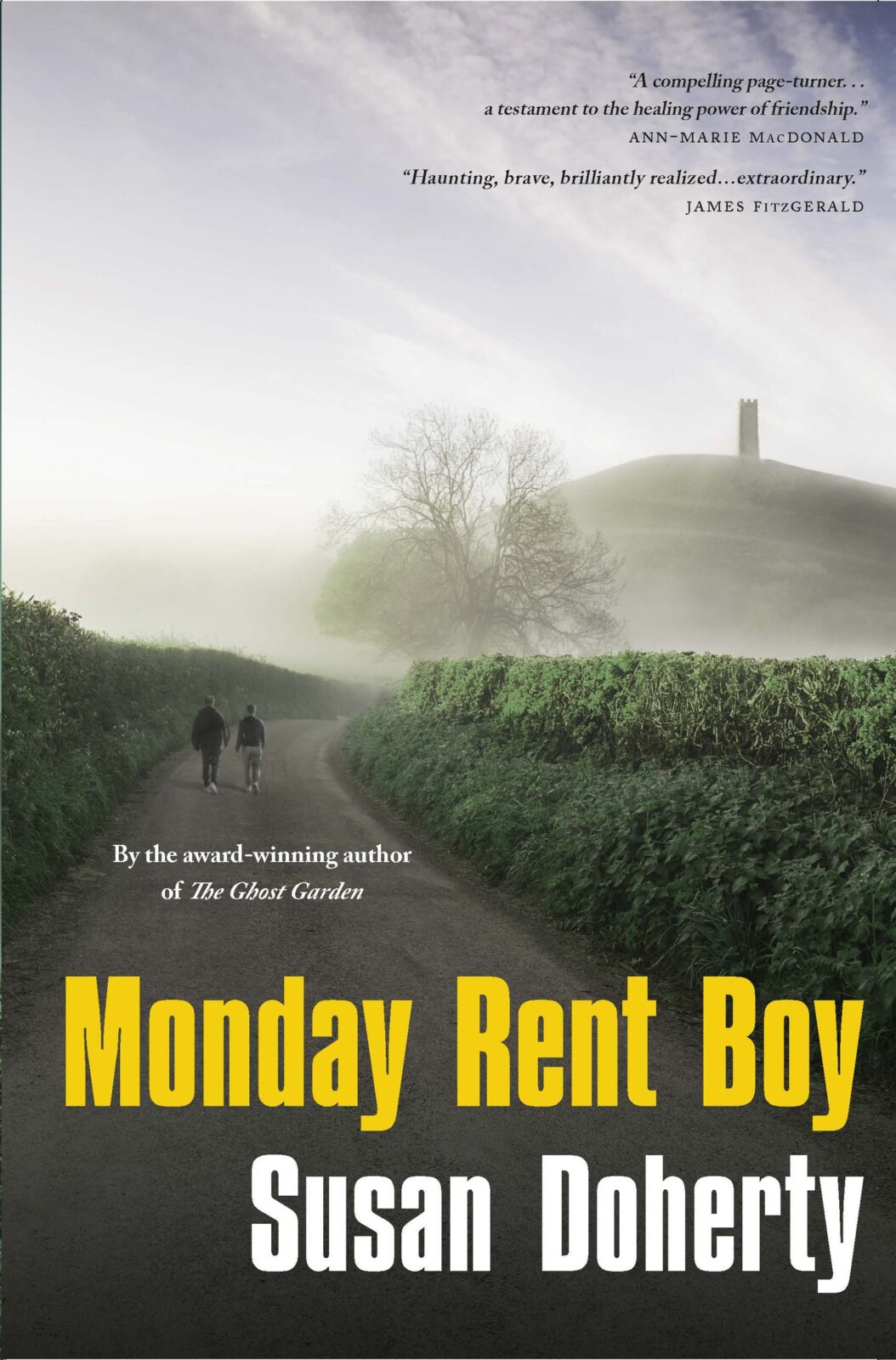
Krakow Melt
Daniel Allen Cox
Arsenal Pulp Press
$17.95
paper
176pp
978-1-55152-372-9
music, art, and politics, while using a wide variety of forms: letters, memoirs, drama, YouTube scripts, and reports from a surgery room.
Daniel Allen Cox’s Krakow Melt is the story of Marek, a gay parkourer (practitioner of the urban physical discipline of overcoming any obstacle within one’s path.) We follow Marek as he jumps over walls and gravestones and through fences all over Krakow, whose cobblestones, gates, smells, and gravestones Cox portrays both vividly and with wonderful precision. As Marek vaults, literally, over many barriers, he does so figuratively too. After several rather graphic gay encounters – some of the sex descriptions are repetitive and gratuitously detailed – he falls in love with a literature student, Dorota, with whom he plays pranks, writing graffiti on the graves of various Polish dignitaries who issued homophobic statements.
Despite many events, Krakow Melt does not have much of a plot; in this case, a plot is not altogether necessary, for the suspense and the narrative momentum work according to their own logic. For instance, when in the first chapter Marek’s landlord brawls with Marek, suspecting him of carrying on with his wife, the scene is suspended, with the landlord holding Marek by the balls, paralyzed as Marek announces that he is homosexual. The brawl continues in the penultimate chapter, in which Marek smashes the landlord’s nose into his skull, a violent moment that ends with the tender and surprising revelation that the landlord actually fantasized about Marek having sex with his wife.
The narrative is interspersed with stories of fires in London, Chicago, San Francisco – Marek is a pyromaniac, or rather, lover of fires – as well as biographical anecdotes ranging from Alexander the Great’s intimidation ofhis enemies with elephants to the renowned installation artist Christo putting a giant and flammable condom over the Reichstag in Berlin. Thanks to the wealth of cultural and historical anecdotes, the book is reminiscent of David Markson’s Reader’s Block, in which readers find out who among the pantheon of famous artists was anti-Semitic, how they lost their money, and how they died.
The novella uses a somewhat memoirlike first-person point of view, and it’s clear that Cox is a sophisticated, playful, and inventive writer who manages to place a lot of his current experiences into the novel. He reportedly wrote it while listening exclusively to Pink Floyd, and Marek too listens to this band, analyzing its songs and history. Cox’s own apartment burnt down, and he puts fire into Krakow Melt, which has a beautiful dedication: “For Mark and for those who can still smell the fire.”
The cumulative effect of reading newspaper clippings with homophobic statements by various Polish bureaucrats, as well as homophobic Biblical verses (“If a man lies with a man as one lies with a woman … they must be put to death …”), conveys the genuine threat which must have been felt by many Polish gays. While readers experience Polish religion-assisted homophobia and duplicity, this is also a whirlwind sexual tour of Poland. There’s a ubiquitous official and public attack on homosexuality, but there’s plentiful gay and bisexual sex all over the country too.
The publication of this well-written and intriguing book coincides with a huge EuroPride march in Warsaw. No doubt about it – a unique novel like this one contributes to a sense of liberation. mRb






0 Comments